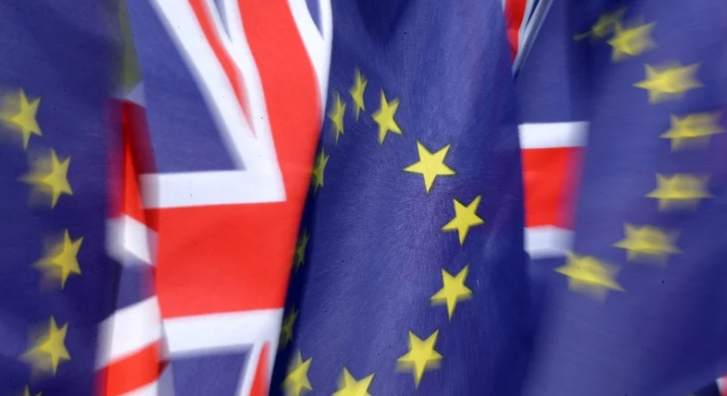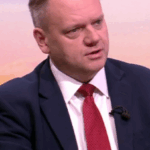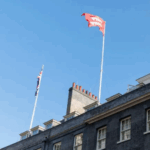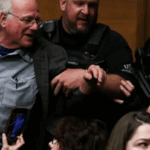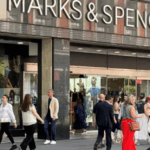Negotiations between the United Kingdom and the European Union are entering their “final hours,” as officials from both sides work to finalise a sweeping new agreement ahead of a major summit in London on Monday.
Prime Minister Keir Starmer is expected to unveil the agreement during high-level meetings with European Commission President Ursula von der Leyen and European Council President Antonio Costa. While full details of the deal have yet to be disclosed, it is anticipated to cover a wide range of areas including trade, travel, and defence cooperation.
Starmer has described the forthcoming announcement as “another step forwards” for Britain, promising it will be “good for our jobs, good for our bills and good for our borders.”
Cabinet Office Minister Nick Thomas-Symonds confirmed on Sunday that negotiations were still ongoing and acknowledged that discussions could go “to the wire.” Speaking on the BBC’s Sunday with Laura Kuenssberg, he declined to confirm specific components of the agreement, saying, “Nothing is agreed until everything is agreed.”
However, several key elements are believed to be under discussion. These include restoring British travellers’ access to EU e-gates at airports, reducing bureaucratic barriers for food exports and imports, and a potential youth mobility scheme allowing young people to work and travel across borders more freely. The deal may also include British access to the EU’s €150 billion defence fund, which would mark a significant boost for UK defence firms.
Thomas-Symonds expressed confidence that progress was being made, particularly on trade. “We know we’ve had lorries waiting for 16 hours, fresh food in the back not able to be exported because frankly it’s just going off… we absolutely want to reduce that,” he said.
He also suggested that aligning with EU regulations in some areas could be on the table if it helps ease trade, describing such decisions as “a sovereign choice.”
The potential youth mobility scheme is emerging as a politically contentious point. Conservative leader Kemi Badenoch and Reform UK leader Nigel Farage have both criticised the plan, labelling the broader deal a “surrender” and warning against a return to EU-style free movement.
Meanwhile, the Liberal Democrats have voiced support for a “capped” youth mobility scheme. Europe spokesman James MacCleary accused the government of dragging its feet, arguing such a scheme could have long-term economic benefits.
While the final agreement remains under wraps, Monday’s summit is expected to mark a turning point in post-Brexit UK-EU relations, with officials hoping to stabilise and deepen cooperation in the years ahead.



